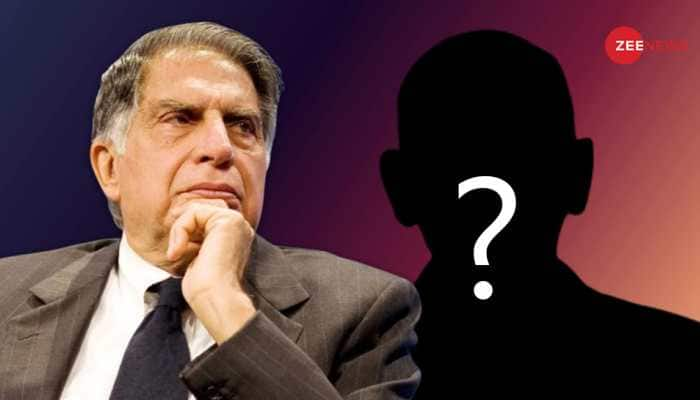WHO making 'fundamental changes' after Ebola outbreak
The WHO is making some "fundamental changes" in the aftermath of the Ebola outbreak in West Africa, including a proposed USD 100 million contingency fund, the chief of the global health body said Monday.
Trending Photos
)
Geneva: The WHO is making some "fundamental changes" in the aftermath of the Ebola outbreak in West Africa, including a proposed USD 100 million contingency fund, the chief of the global health body said Monday.
"We have proposed options for consideration by member states at this World Health Assembly, if approved, we will set up a USD 100 million contingency fund," said Margaret Chan at a press meet on the sidelines of the World Health Assembly.
"I am making some fundamental changes. I am creating a single, new programme for health emergency, uniting all of our organisations resources across the three levels and bring them under a single, new programme. The new WHO programme for health emergencies will be accountable to me," said the WHO chief.
"We will establish a global health emergency workforce and strengthen our core and surge capacity with trained emergency responders," she added.
A major focus of this year's Assembly is WHO's role in health emergencies like disease outbreaks.
Speaking at the 68th WHA earlier, she urged the member states to adopt a draft global action plan on microbial resistance.
She stated that three new human pathogens have emerged in recent times - SARS, H7N9 avian influenza and the MERS coronavirus.
"In just the past three years, the diversity and geographical distribution of influenza viruses circulating in wild and domestic birds reached levels never seen since the advent of modern tools for virus detection and characterisation. The situation is unprecedented. The world needs to be on high alert," she warned.
The draft global action plan on anti microbial resistance is going to be one most debated issues in? this WHA.
Many developing countries have been concerned about the implementation of the draft plan particularly access to new antibiotics and the affordability and resources required for the critical point of care diagnostic tools to inform health practitioners and veterinarians of the susceptibility of the pathogens to available antibiotics.
The Union Minister for Health and Family Welfare, JP Nadda, chaired this plenary session of the WHA.
Stay informed on all the latest news, real-time breaking news updates, and follow all the important headlines in india news and world News on Zee News.
Live Tv







)
)
)
)
)
)
)
)
)
)
